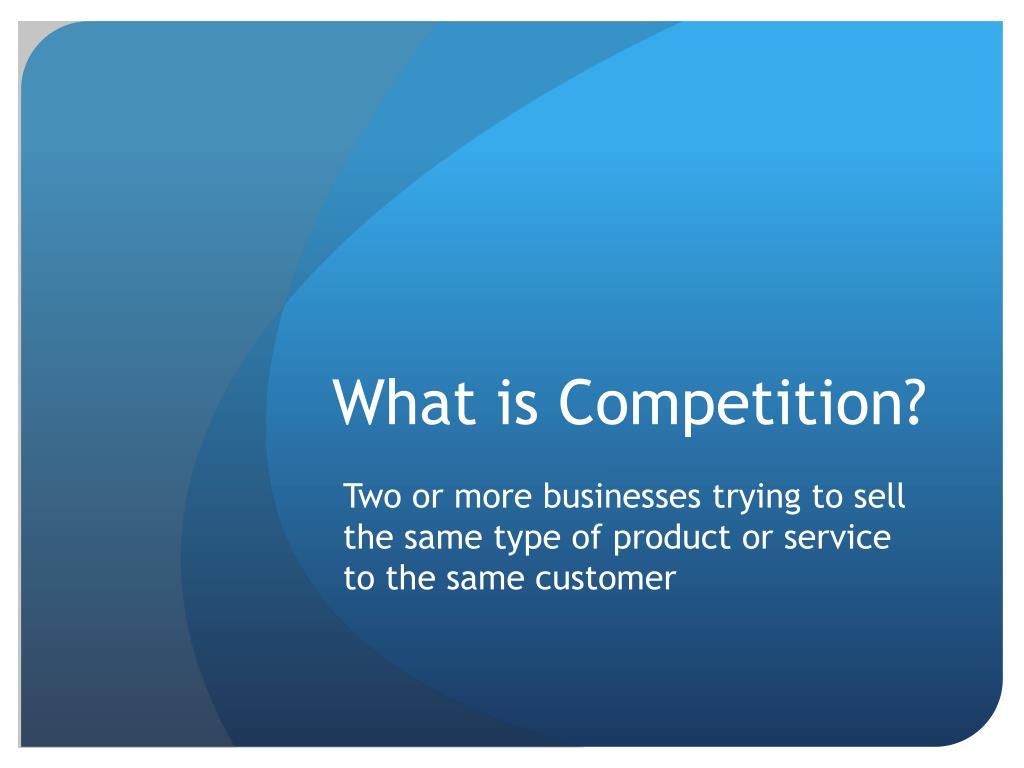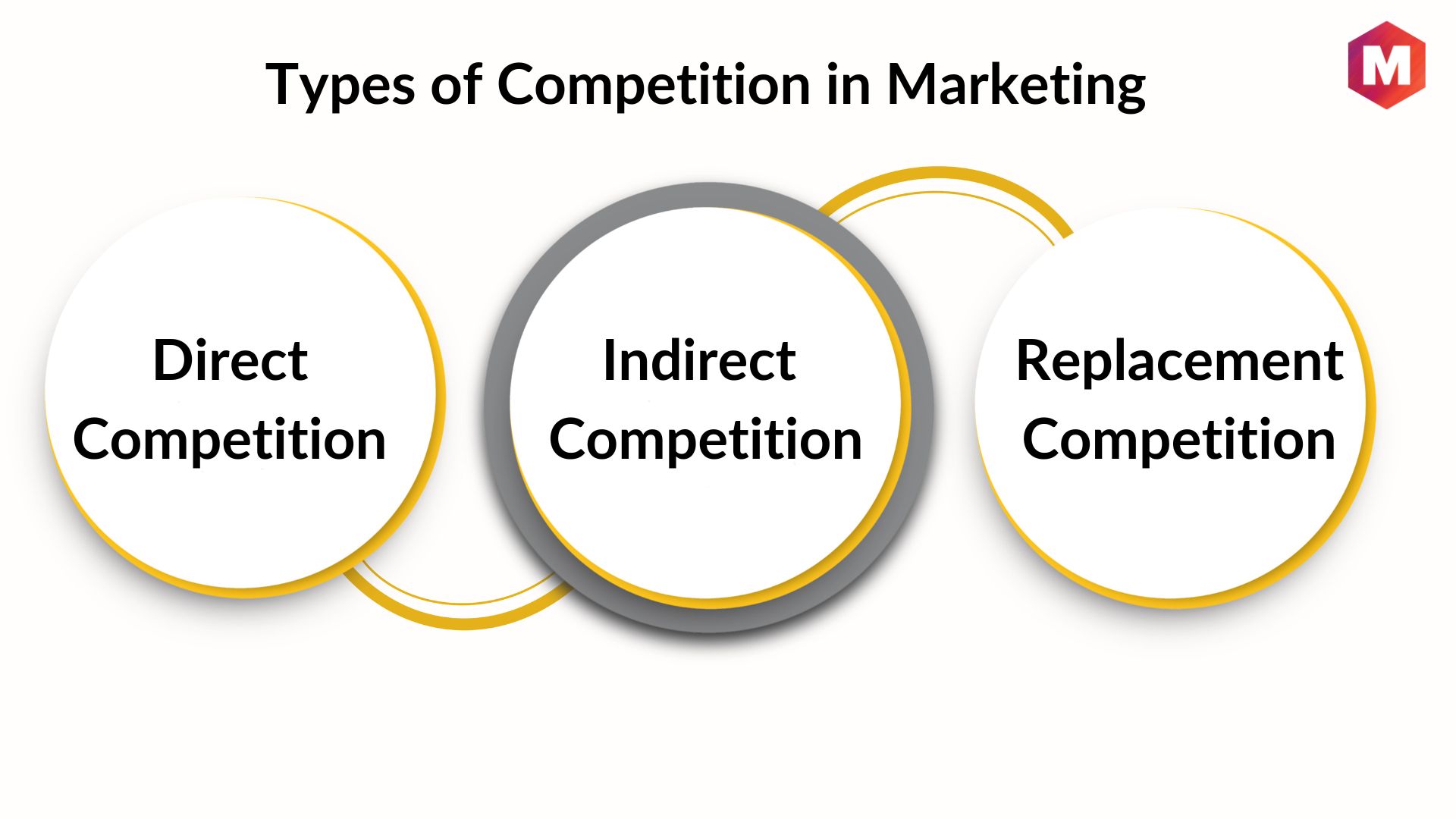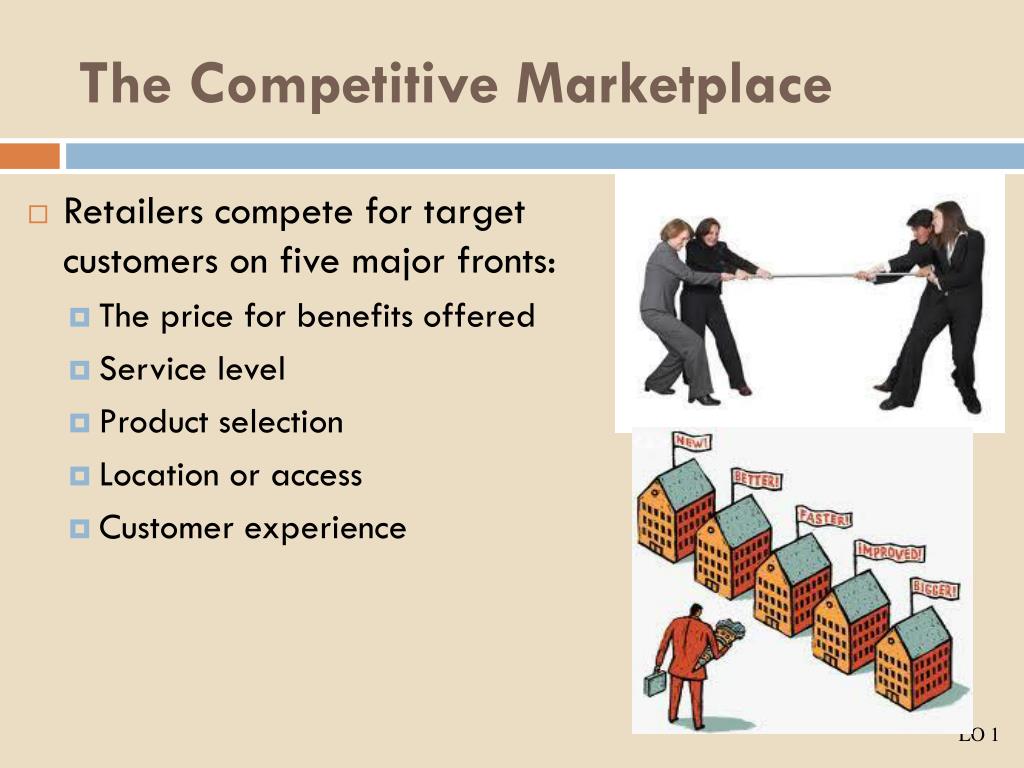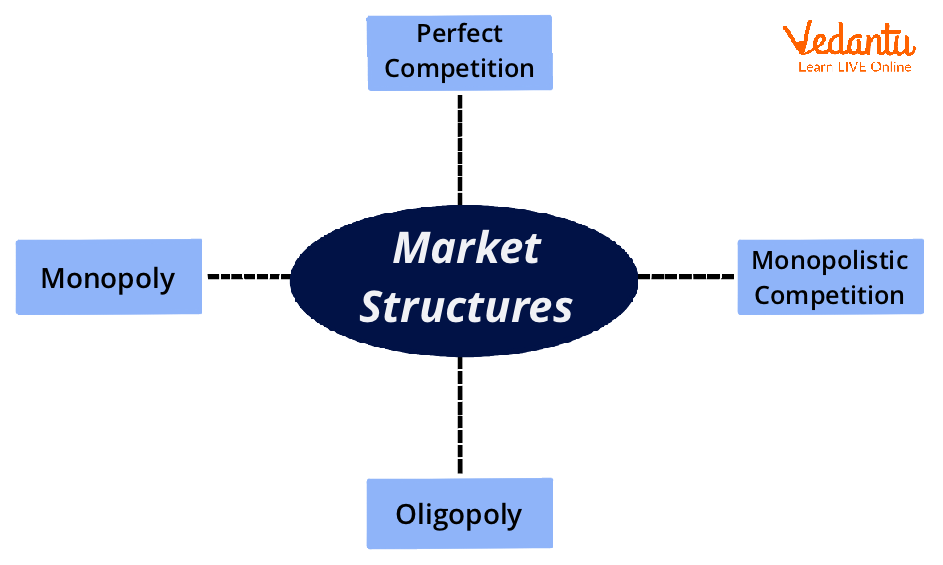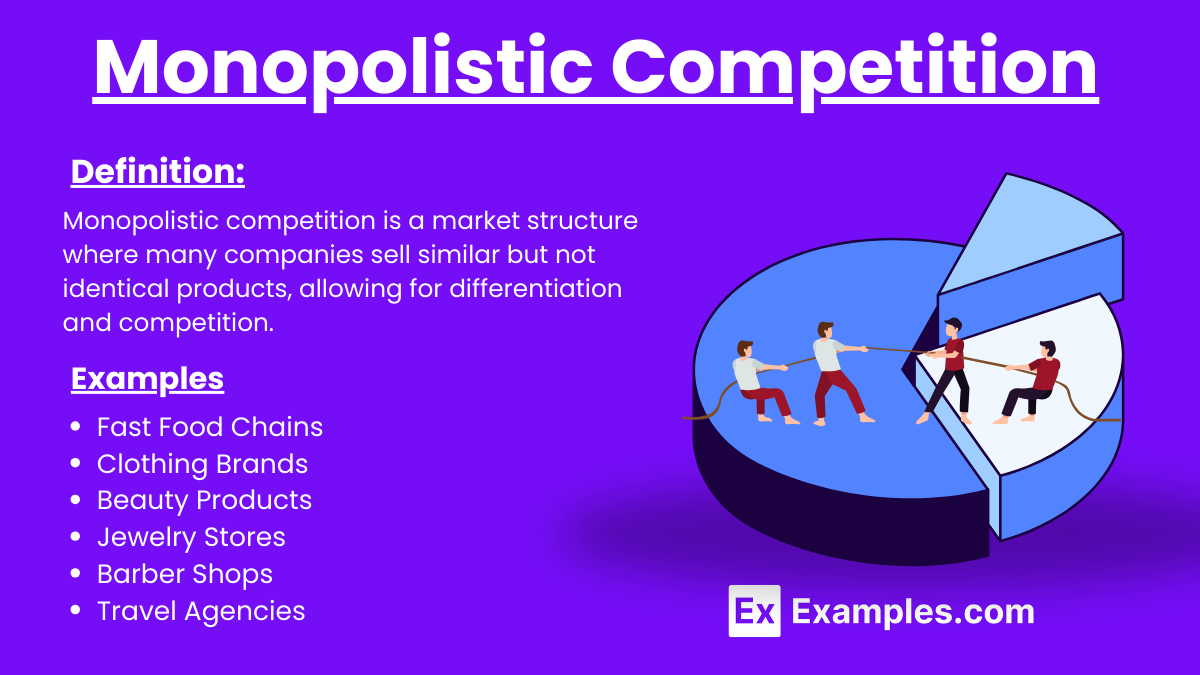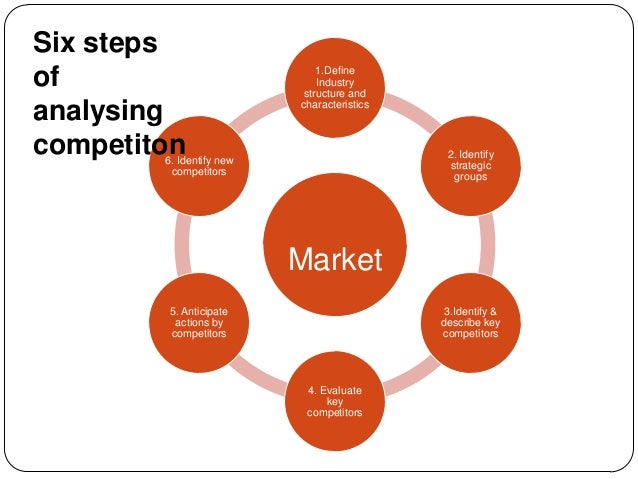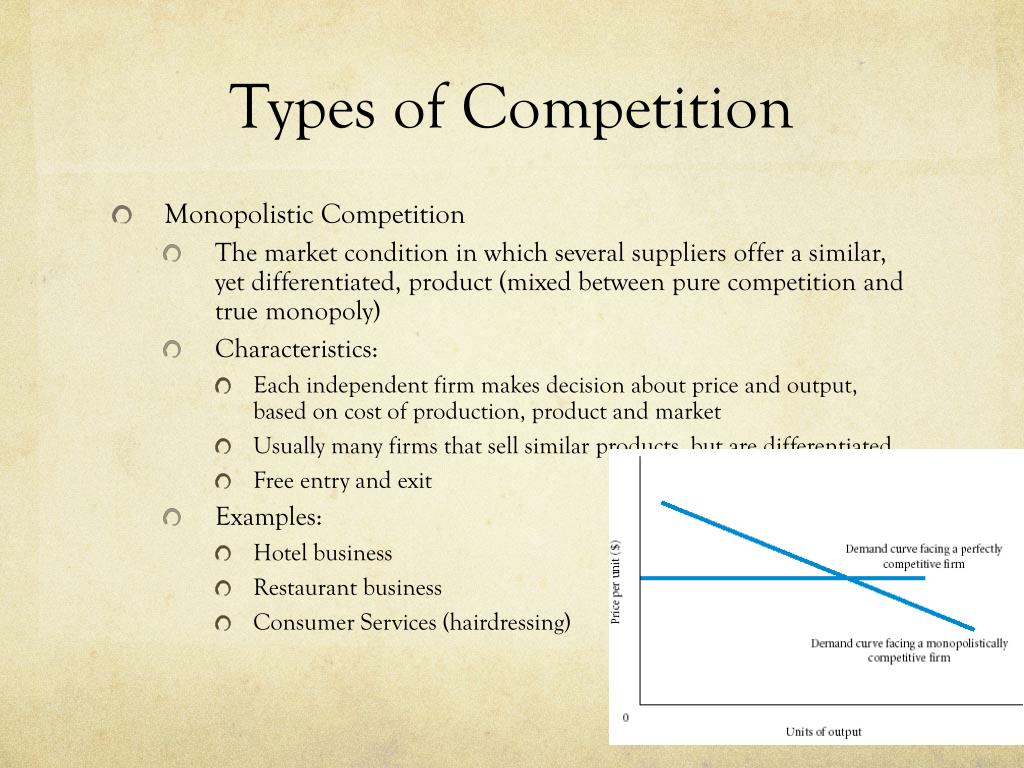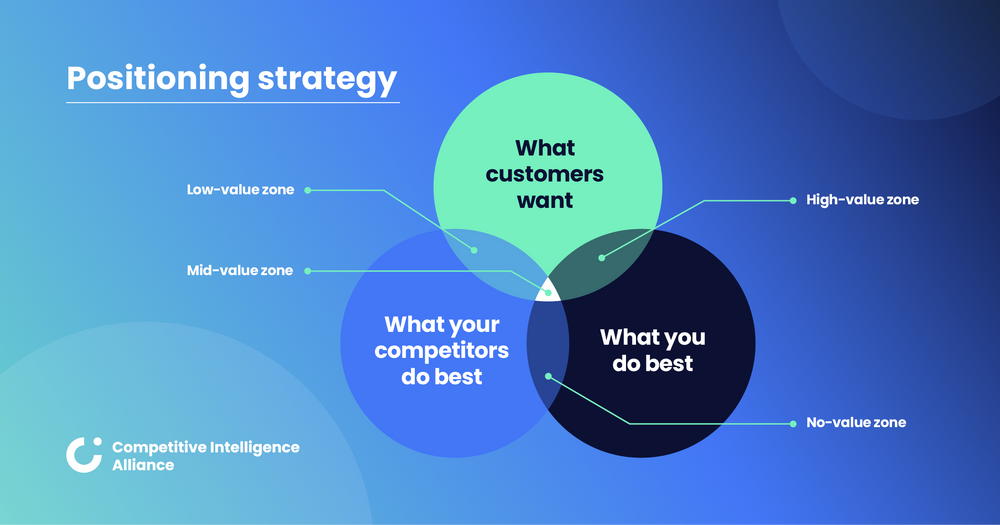Why Is Market Competition Important

Imagine walking into a bustling marketplace, the air alive with vendors vying for your attention. The vibrant colors of their wares, the enticing calls of "best price!", and the sheer variety on display – it's a dance of supply and demand, a symphony of choices. This isn't just a scene from a bygone era; it's a microcosm of the vital force that drives our modern economy: market competition.
At its core, market competition is the engine that powers innovation, efficiency, and affordability. It's the silent agreement that businesses will strive to offer the best possible value to consumers, pushing each other to improve quality, lower prices, and expand choices. Understanding its importance is crucial for everyone, from the small business owner to the everyday shopper.
The Foundation of a Thriving Economy
The concept of market competition isn't new. In its simplest form, it has existed since the first traders bartered goods in ancient civilizations. As economies evolved, so did the understanding of its benefits, eventually leading to the formalization of antitrust laws designed to prevent monopolies and promote fair play.
Competition encourages businesses to constantly innovate. They are driven to find new and better ways to serve their customers. This leads to the development of superior products, more efficient processes, and entirely new markets that benefit society as a whole.
The Organization for Economic Co-operation and Development (OECD) has consistently highlighted the positive correlation between competition and economic growth. Their research emphasizes that competitive markets foster productivity and ultimately improve living standards.
Benefits for Consumers
For consumers, the advantages of a competitive marketplace are numerous. The most obvious is lower prices. When businesses compete for customers, they are compelled to offer the most attractive deals.
Increased choice is another significant benefit. Competition forces businesses to differentiate their offerings. This allows consumers to find products and services that perfectly suit their needs and preferences.
Quality also tends to improve in competitive markets. Businesses know that if they offer substandard products or services, customers will simply go elsewhere. This creates a powerful incentive to maintain high standards.
Benefits for Businesses
While it might seem counterintuitive, competition can also benefit businesses. It forces them to become more efficient and innovative. This leads to long-term sustainability and growth.
Competing fairly can enhance a business's reputation. Customers appreciate honesty and transparency. A brand known for fair dealing often enjoys greater customer loyalty.
Competition also helps businesses identify new opportunities. By constantly monitoring their rivals, they can spot gaps in the market and develop products or services to fill them.
The Role of Regulation
Governments play a crucial role in maintaining a level playing field. Antitrust laws, like the Sherman Antitrust Act in the United States, are designed to prevent monopolies and cartels. These laws promote fair competition and protect consumers from exploitation.
These regulations ensure that no single company can dominate a market. This prevents artificial price increases and restrictions on choice. Furthermore, it encourages innovation by protecting smaller businesses from being unfairly crushed by larger competitors.
Enforcement of these laws is crucial. Strong regulatory bodies like the Federal Trade Commission (FTC) and the Department of Justice (DOJ) in the US are essential to deter anti-competitive behavior.
A Constant Balancing Act
Maintaining a truly competitive marketplace is a constant balancing act. It requires vigilance from both governments and consumers. We must be aware of the potential for anti-competitive practices and actively support businesses that prioritize fair play.
Ultimately, a vibrant and competitive market benefits us all. It drives innovation, increases choice, and improves our overall quality of life. Let's remember that the next time we walk into a marketplace, whether physical or digital, and appreciate the power of competition.
So, the next time you see that bustling marketplace, remember it is more than just sellers and buyers. It is the heart of a dynamic economy beating strong, fueled by the essential principle of competition. A principle that empowers innovation, elevates quality, and ultimately benefits every single one of us.

